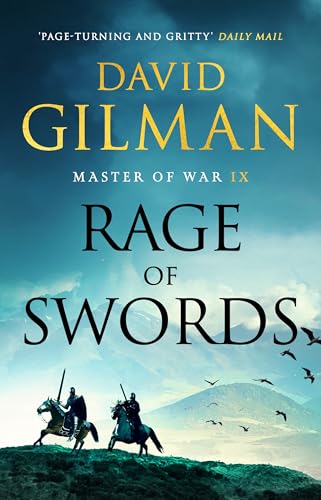Master of War
Six hundred years before allied troops stormed ashore at Utah Beach, King Edward 111, England’s warrior king, led ten thousand troops onto the same sands a little further north on the Cotentin peninsula. Edward had never bent his knee in fealty to the French King, as had been agreed by his French mother, Isabelle – and now he was determined to be crowned King of France.
It was an ambitious and audacious attack against the French and the greatest army in Christendom. If the English were beaten then they would become vassals of the French – an outcome Edward dare not contemplate.
But could his overstretched troops fight their way across northern France against such an enemy – and win? For combatants to willingly fling themselves into the chaos of brutal, close-quarter-battle, whose violence is almost unimaginable to us today, demanded unyielding loyalty.
It was 1346 and medieval loyalties were given not necessarily to the Crown but to those who proved their strength and leadership. Edward was such a man. Eight hundred ships sailed from Portsmouth, round-hulled boats that pitched and rolled, wrenching men’s stomachs as they wallowed before a following wind. Edward’s guile had caused confusion in the French court. He had sent another, smaller, diversionary force towards Calais and even his own commanders expected that the main force would sail south to invade France from Edward’s lands in the south-east of France in Gascony.
Guile, daring and treachery were the concealed weapons of warfare. Edward had forged a pact with the Norman lord, Godfrey of Harcourt, to help the traitor regain his lands from King Philip – and that gave the English an unopposed landing in Normandy.
What Edward could not know was that, in the weeks that followed, the gathering French army would number thirty thousand, outnumbering his own three to one, and trap him in a pincer-movement, forcing his exhausted and hungry army ‘s backs against the sea. The French raised their battle standard that told the English no quarter would be given. With nowhere to turn Edward’s leadership came to the fore. He rode among his men, urged them never to yield and to take no prisoners. He chose the ground to make his final stand, south of Calais on the fields of Crécy – and in the debiltating August heat he unleashed his English and Welsh archers and their longbows.
Terror and violence ensued.


